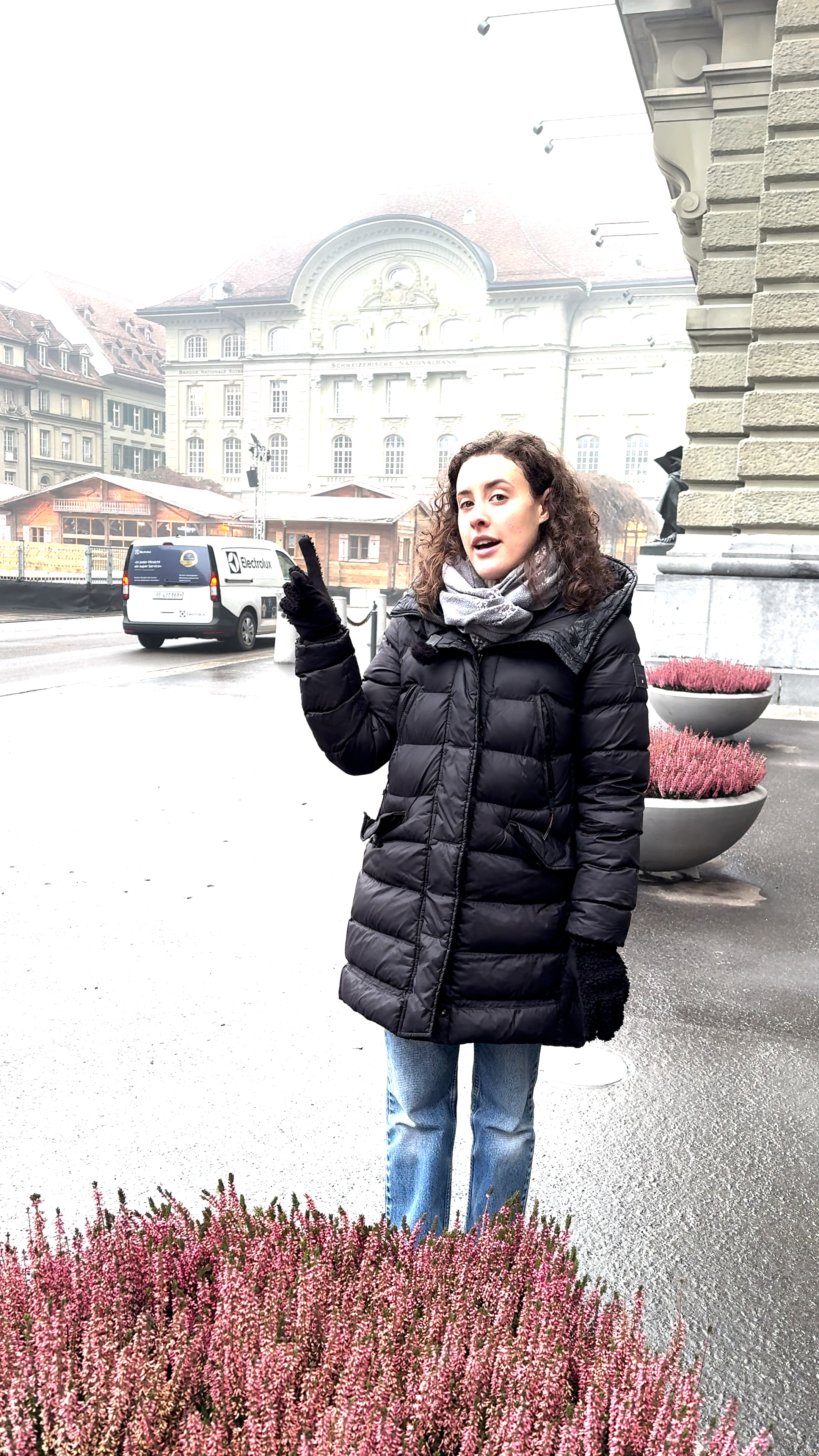
Switzerland adopts tenth sanctions package against Russia

The Swiss government has decided to implement additional European Union sanctions against Russia but reiterated its wish to limit any unintended consequences on Swiss businesses.
The new measures, which came into force on Wednesday evening, include adapting provisions on mandatory reporting in the financial sector and prohibiting Russian nationals from holding positions in governing bodies of owners or operators of critical infrastructure.
In addition, new controls and restrictions will be placed on various types of exports, including goods intended to strengthen Russian military, technology and defence capabilities, and those destined for the Russian space and aeronautic sector. The import of goods critical to the Russian export industry is also being tightened.
The Swiss government also announced it would now be possible to make assets available to a person or entity subject to sanctions in order to safeguard Swiss economic interests. This measure is specifically aimed at preventing shareholdings of the Swiss companies Sulzer and Medmix, which specialises in high-precision delivery devices, from falling into the hands of two Russian banks subject to sanctions, the government said.

More
Switzerland slaps more sanctions on Russia
After some initial hesitation following Russia’s invasion of Ukraine in February 2022, Switzerland has followed the EU and introduced a series of sanctions against Russia.

In compliance with the JTI standards
More: SWI swissinfo.ch certified by the Journalism Trust Initiative






























You can find an overview of ongoing debates with our journalists here . Please join us!
If you want to start a conversation about a topic raised in this article or want to report factual errors, email us at english@swissinfo.ch.